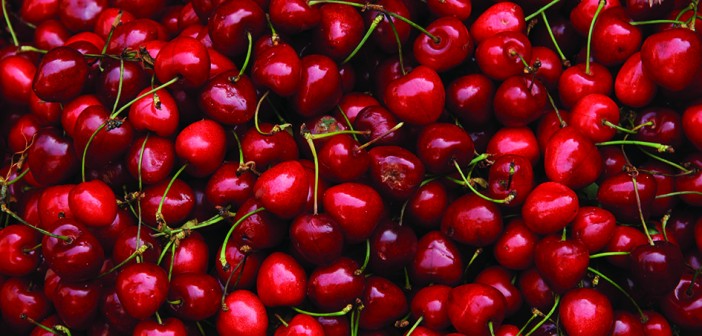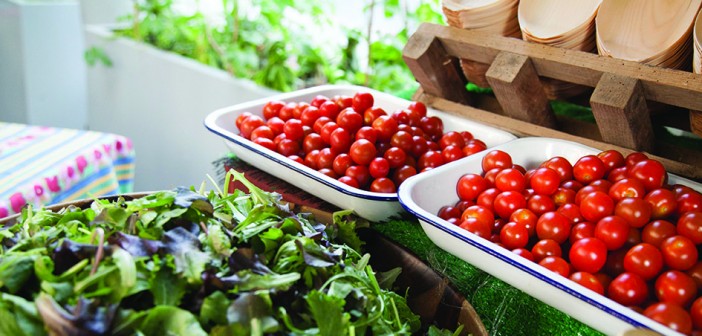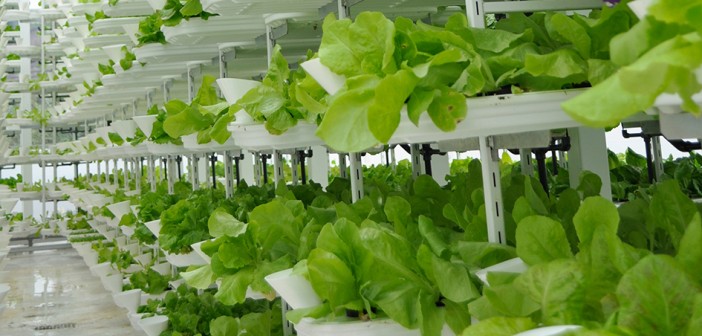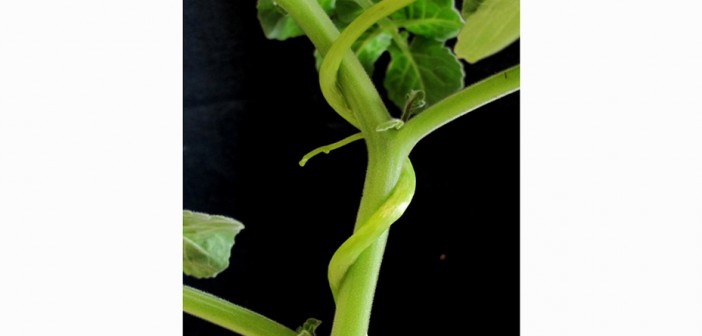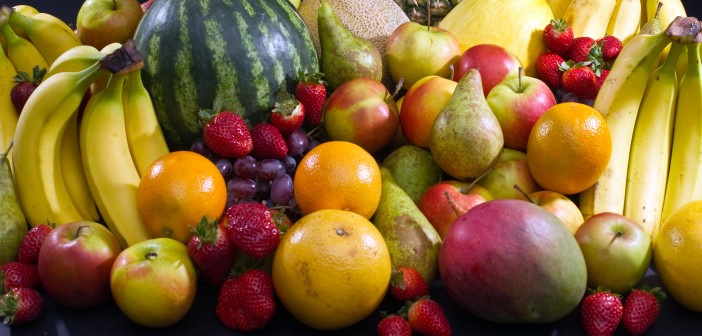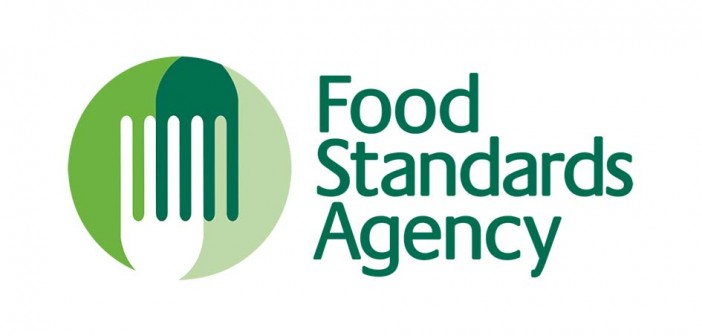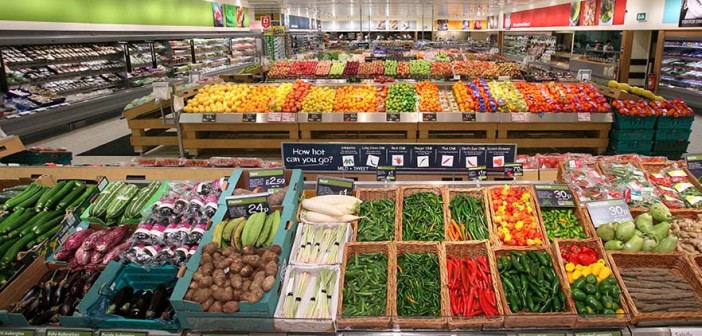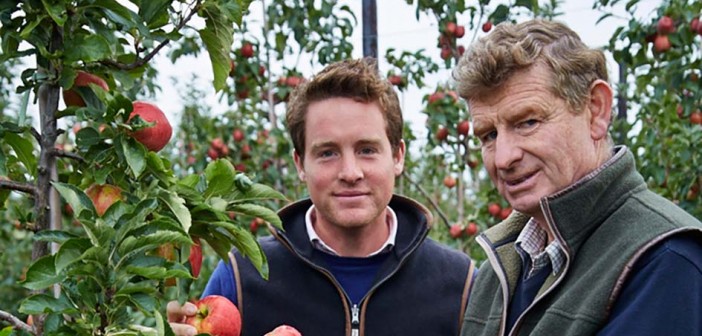AC Goatham & Son has won the East Kent Fruit Society’s Best Orchard competition for an orchard of Zari at Shrubbery Farm in Eastry near Deal in Kent.
Shrubbery Farm also won the award for the Best Orchard under 1,000 trees and Zari also won the Class D Best Dessert category.
The farm includes 120 acres of topfruit, including 28 acres of Royal Gala, 34 of Zari, eight of Cox and 17 of Comice and Conference pears.
The Zari orchard is planted on wires with a 3m cane system, as part of a company-wide scheme to plant one million new trees across 17 farms by 2020. The planting distance is 3.5m between the rows and 1.2m within the rows and the orchard uses Malus and Golden Delicious as pollinators.
Nigel Stewart, technical director at AC Goatham, said, “We are absolutely delighted to have won the Orchard Competition, along with the other two titles. We strive for uniformity and perfection across all of our orchards and this particular Zari orchard is a real showcase of the team’s growing skills.”

Photo Caption: Nigel Stewart
Photo Credit: A C Goatham & Son
The post A C Goatham wins award for Best Orchard appeared first on Hort News.
